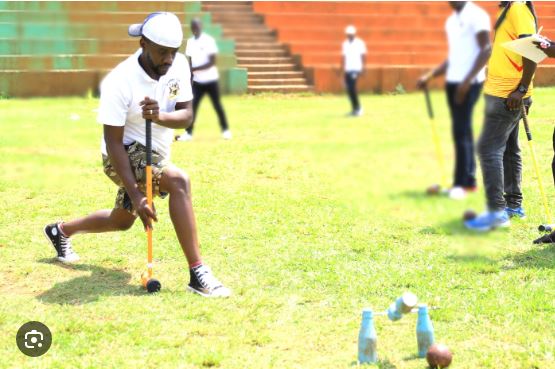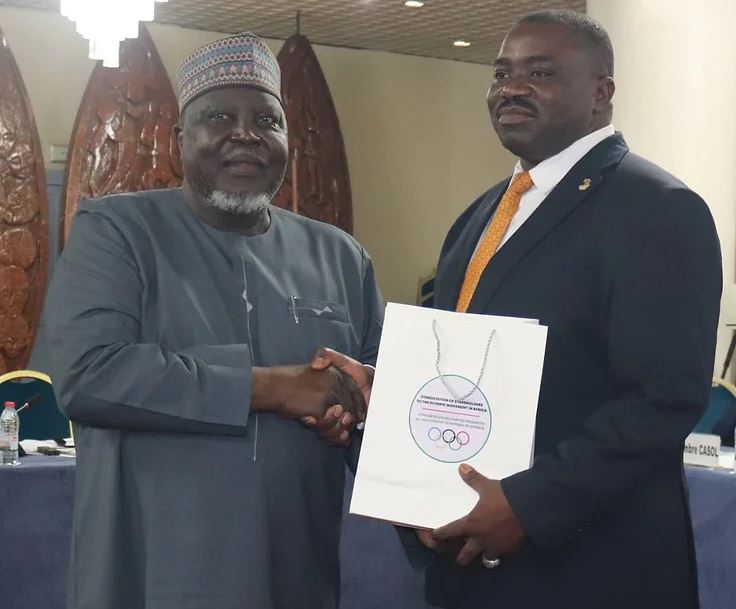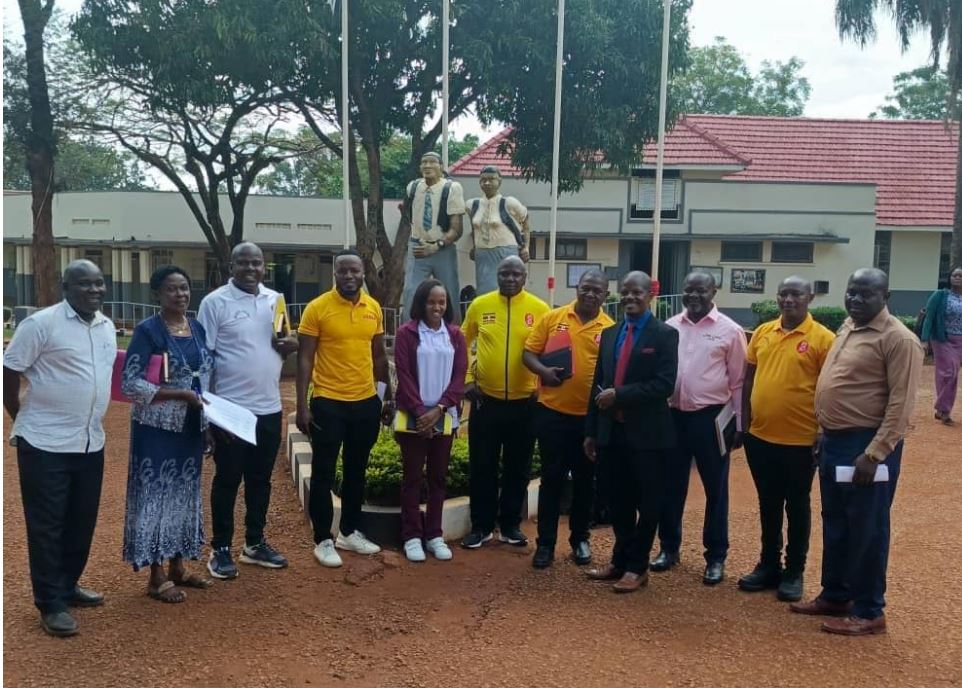
Opinion: It’s time for the IOC to financially compensate olympians
- OPINIONSPORTS
- October 1, 2024
- No Comment
By Emmanuel Sekago
The International Olympic Committee (IOC) leads the Olympic Movement with three key missions: ensuring the regular celebration of the Olympic Games, placing athletes at the heart of the movement, and promoting Olympic values in society, particularly among young people.
Today, I want to focus on one crucial aspect of these missions—putting athletes at the center of the Olympic Movement. This is where the IOC’s rhetoric and reality need to align.
The IOC generates revenue primarily through the sale of broadcast rights (TV, radio, and digital media), international and national sponsorships, ticket sales, and licensed merchandise.
A large share of this revenue comes from broadcast rights, as billions around the world tune in to watch the Olympic Games. Yet, despite these immense financial inflows, Olympians—the very people who draw the audience—do not receive direct financial compensation for their participation.

Historically, the IOC’s founder, Baron Pierre de Coubertin, championed amateurism, opposing professionalism in sport. Over time, the Olympics have evolved, with professional athletes now allowed to compete. But one legacy of de Coubertin’s vision persists: athletes do not get paid to participate in the Games. Instead, they earn the honor of being called Olympians, or “OLY,” and the prestige that comes with it. While this is a significant achievement, it is increasingly out of step with the modern realities of sport and the financial struggles many athletes face.
The Olympics are a global spectacle, and athletes are its lifeblood. They should be treated as key stakeholders in the Olympic Movement, and that means sharing in the revenue they help generate. Without them, there would be no Games—no inspiring performances, no world records, no medals. It’s time the IOC recognized this and provided financial compensation to the athletes who bring the Olympic Games to life.
The IOC does offer programs to support athletes, such as career transition services, scholarships, and the Athlete365 platform, which provides resources for athlete development. These initiatives are important, but they do not address the financial realities for many Olympians, especially those from less wealthy nations.
After the Games, many athletes return to lives of financial hardship, with no compensation to show for their hard work and sacrifices. This is particularly true for athletes from African nations, who often lack lucrative endorsement deals and financial backing.
This situation mirrors that of the NCAA in the United States, where college athletes were once barred from receiving compensation, despite generating millions for their institutions. Eventually, a movement within the NCAA led to changes, allowing athletes to benefit financially from their talents.
Similarly, the Olympic Movement is now seeing the beginning of a shift. World Athletics has started offering prize money for medalists, and initiatives like Serena Williams’ and Alexis Ohanian’s Athlos venture reward athletes financially. Even the International Boxing Association (IBA) under President Umar Kremlev is now awarding prize money to boxers.
If other sports organizations can adapt to the modern financial landscape and recognize athletes’ contributions, why hasn’t the IOC? My argument is simple: the IOC must start compensating Olympians.
This could be in the form of participation fees, performance-based bonuses, or other forms of financial rewards. I’m not advocating for a specific amount, but the principle is clear: Olympians deserve to be compensated for their role in making the Games a success.
Qualifying for the Olympics is a monumental achievement. Athletes devote years of their lives to reach the pinnacle of their sport, often facing personal and financial sacrifices along the way.
If the IOC is serious about its mission to place athletes at the heart of the Olympic Movement, it must go beyond words and take tangible action by providing financial compensation to the very athletes who make the Olympics possible.
The time for change is now. The Olympics must evolve to ensure that the athletes who inspire us with their performances on the global stage are properly rewarded for their dedication and achievements.





